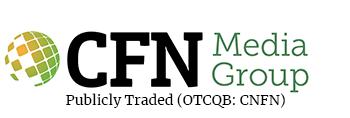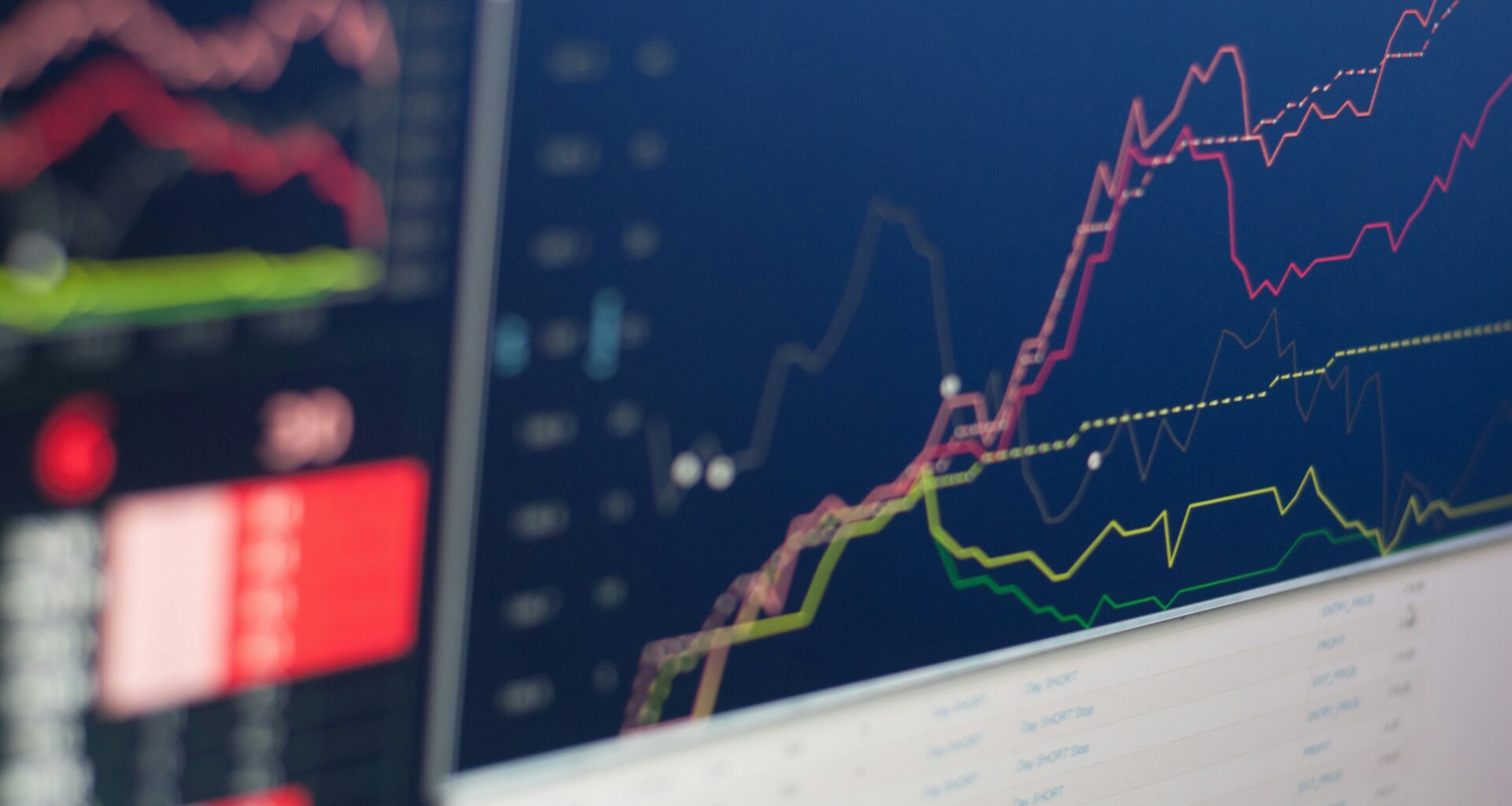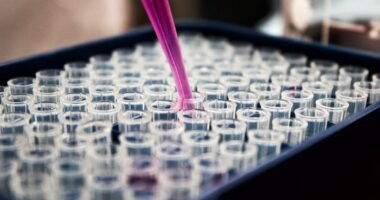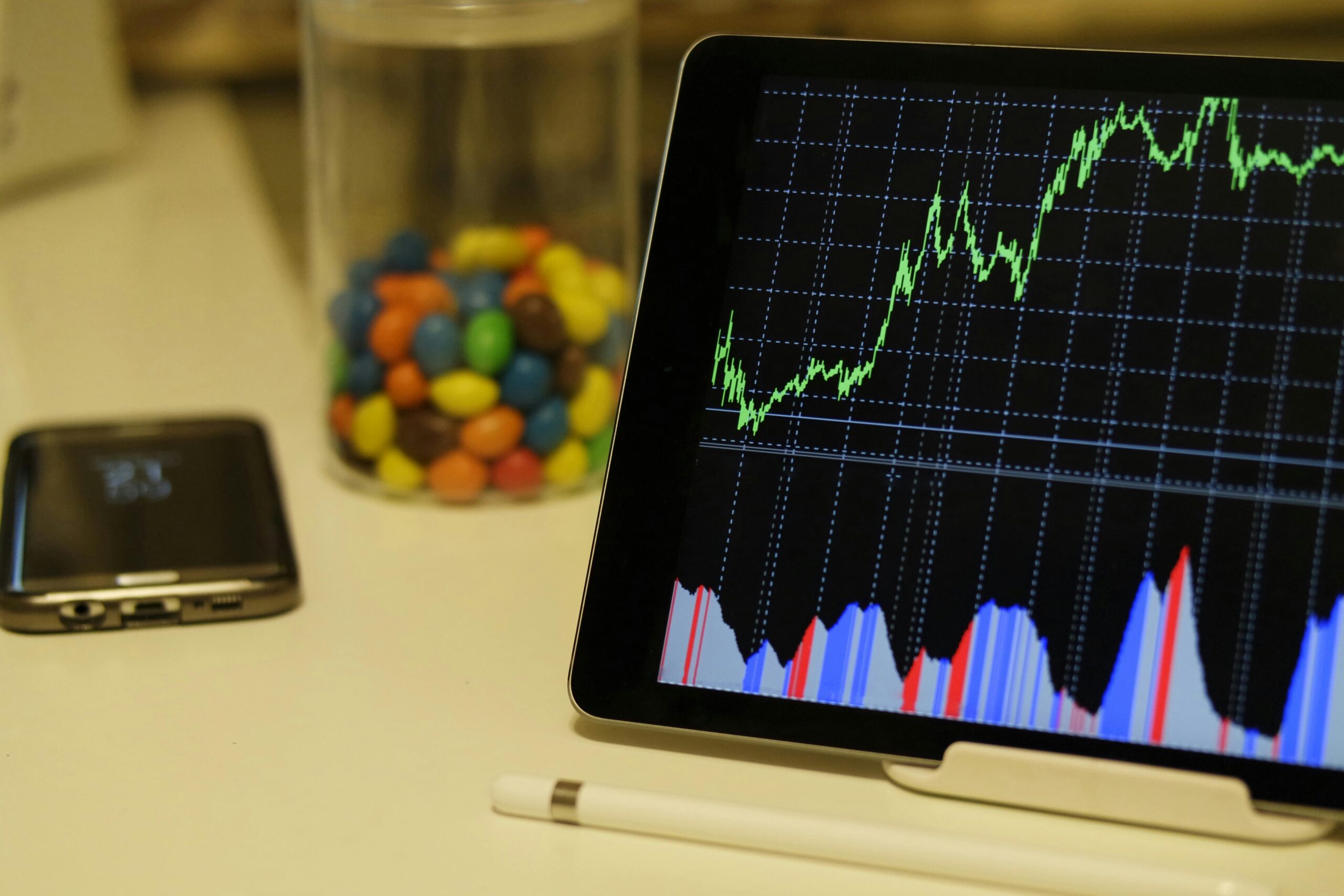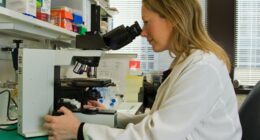Investing in smaller drug development companies requires patience. The journey from discovery to FDA filings may span several years, offering numerous opportunities for breakthroughs. Each step can be highly rewarding, and while the periods between major progress announcements can feel lengthy, they also pave the way for significant advancements, potentially leading to substantial returns for those willing to wait.
One such company to keep an eye on is Cardiol Therapeutics Inc. (Nasdaq: CRDL) (TSX: CRDL). Cardiol is conducting simultaneous Phase 2 clinical trials for its lead drug candidate, CardiolRx™. Each trial is nearing a major milestone that could serve as a catalyst for the company and should be noted by investors.
Phase 2 Study of Recurrent Pericarditis
Cardiol’s MAvERIC-Pilot study of CardiolRx™ for the potential treatment of recurrent pericarditis is nearing its end. The company recently announced it expects to report topline results in early June – a matter of weeks from now. This is the most immediate and potentially the largest potential catalyst for Cardiol in the next few months.
We previously wrote about the significant impact that Phase 2 results can have on drug developer companies. Here is a key excerpt:
Historically, and according to several sources, Phase 2 results tend to have a higher immediate impact on valuations when compared to FDA approval. In this 2019 article, Phase 2 results returned an average of 18.1% increase, compared to 8.1% for Phase 3 and 4.7% for approval. The previous year had Phase 2 creating a 6.7% average return, compared to 13.7% for Phase 3 and 1.1% for approval. Another study looked at 13,807 clinical trial outcomes from 2000 to 2020. The study found that clinical trial results have an outsized impact on smaller, early-stage companies like Cardiol when compared to larger companies.
It should be emphasized that Cardiol was granted the Orphan Drug Designation (ODD) by the United States Food and Drug Administration (FDA), covering CardiolRx™ for the treatment of pericarditis, including recurrent pericarditis. ODD provides benefits to sponsors including potential seven-year marketing exclusivity, exemptions from certain FDA fees, and tax credits for qualified clinical trials. Products with ODD may also qualify for accelerated regulatory review via Fast Track, Breakthrough Therapy, or Priority Review designations.
The ODD was granted based on pre-clinical data as well as initial clinical data from the MAvERIC-Pilot study. Overall, it’s a very good sign for Cardiol, indicating the company is on the right track with CardiolRx™ and is poised to benefit patients greatly as their clinical programs progress.
Phase 2 Study of Acute Myocarditis
In parallel, Cardiol’s ARCHER study of CardiolRx™ for the treatment of acute myocarditis has recently exceeded 85% enrollment. Cardiol presented the trial design, rationale, and blinded baseline data earlier this month at the World Congress on Acute Heart Failure 2024. The ARCHER study is anticipated to reach full enrollment in the next quarter with topline results expected to be announced early next year. This is another catalyst with a potentially even greater impact for Cardiol to complement the upcoming MAvERIC-Pilot study topline results.
Acute myocarditis is also a condition which qualifies for the Orphan Drug Designation, and Cardiol has previously expressed their intent to file for an ODD for this indication. The timing of that filing is unclear, but the potential exists for the granting of a second ODD for CardiolRx™. Should that happen, it could serve to further bolster the company’s valuation and profile.
When Cardiol was granted the ODD for pericarditis earlier this year it had a pivotal impact on the company’s stock. The company announced the ODD grant on February 15 and its Nasdaq listing had closed the previous day at $1.04 with a trading volume of 222,700 shares. It closed February 15 at $1.48 with a trading volume of 3,506,100 shares. The price went up ~42% in that one day and continued to rise before closing February 29 at $2.06/share, a level not seen since 2021. In those two weeks the stock price rose 98%.
Cardiol’s Nasdaq listed shares currently trade around $2.20, with a market capitalization in the $150 million range. In a previous article discussing how the ODD and continued clinical development affected valuations of Cardiol’s peers, we discussed the steep climbs experienced by Kiniksa Pharmaceuticals, Myokardia, and GW Pharmaceuticals. Judging from these examples, if Cardiol experiences clinical success with CardiolRx™, there is plenty of upside remaining.
The Roadmap
Cardiol’s future looks promising and is filled with significant near-term events. Investors should keep an eye out for topline results from the MAvERIC-Pilot study in the next 2-3 weeks. It could be a major event, but not the only one to potentially create a substantial move in the share price. Full enrollment of the ARCHER trial is anticipated this year, followed by topline results and the potential for a second ODD – all milestones which could boost the company’s valuation. Cardiol will not be taking the summer off, and investors should be paying attention.
